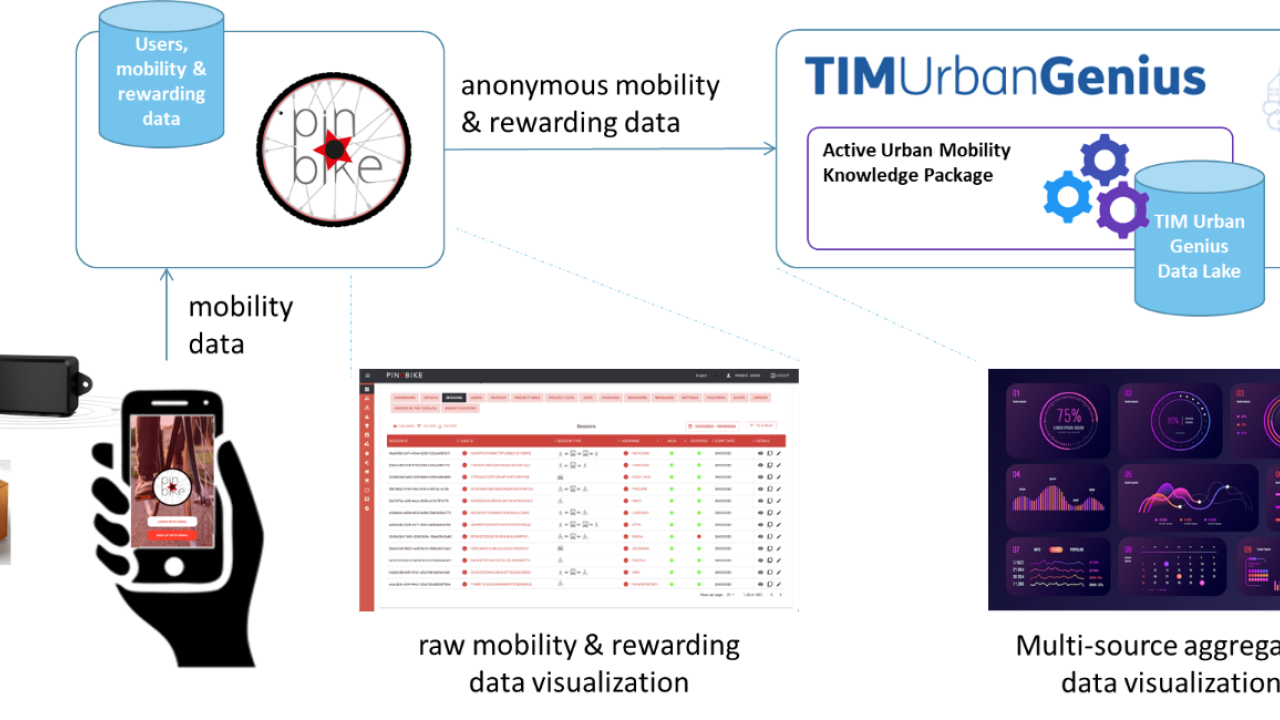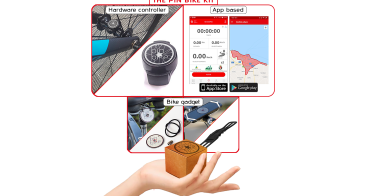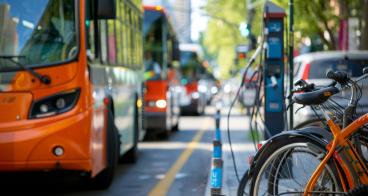Empowering multimodal mobility through incentives and data

The Challenge
Cities worldwide are grappling with increasing levels of air and noise pollution, traffic congestion, and road accidents. In parallel, more citizens are facing chronic health issues due to inactive lifestyles. With urban environments becoming more complex, local authorities are tasked with encouraging the use of sustainable modes of transport like walking, cycling, and public transport. However, promoting this shift and efficiently monitoring its progress require innovative tools and approaches.
The Solution
To tackle urban challenges like pollution and congestion, Lecce (Italy) and Braga (Portugal) implemented innovative solutions promoting sustainable mobility. Citizens were incentivised with economic rewards for choosing eco-friendly transport options - walking, cycling, public transport - redeemable at local shops. This approach fostered greener travel habits and boosted the local economy.
In parallel, data monitoring tools helped city authorities make data-driven decisions. By collecting travel data from GPS, bike sensors, and beacons, cities could track mobility patterns in real time, informing future policies and investments.
The solutions included:
- Pin Bike’s gamification and rewards system, encouraging multimodal behaviours through data integration from multiple sources.
- TIM Urban Genius Platform, which provided multisource monitoring of mobility data, helping cities visualise transport flows and assess mobility initiatives.
This combined approach successfully integrated sustainable transport modes into the cities’ systems, creating a data-driven framework for smarter urban planning.
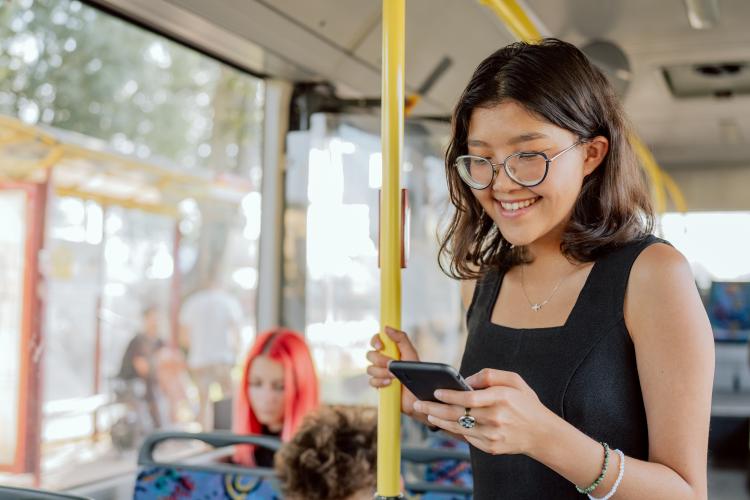
Making an impact
The solution was implemented in Braga (Portugal) and Lecce (Italy) in 2023, engaging almost 700 citizens and 60 local shops. The results were significant:
- Active mobility increased by 6.7% in Braga and 15.2% in Lecce
- Car use decreased by 4.6% and 8.1%, respectively
- Collectively, the project helped reduce nearly 30 tons of CO2 emissions.
- An impressive 80%+ user retention rate, with 82% of Braga participants and 84% of Lecce participants stating they were likely to continue using sustainable travel options even after the rewards ended.
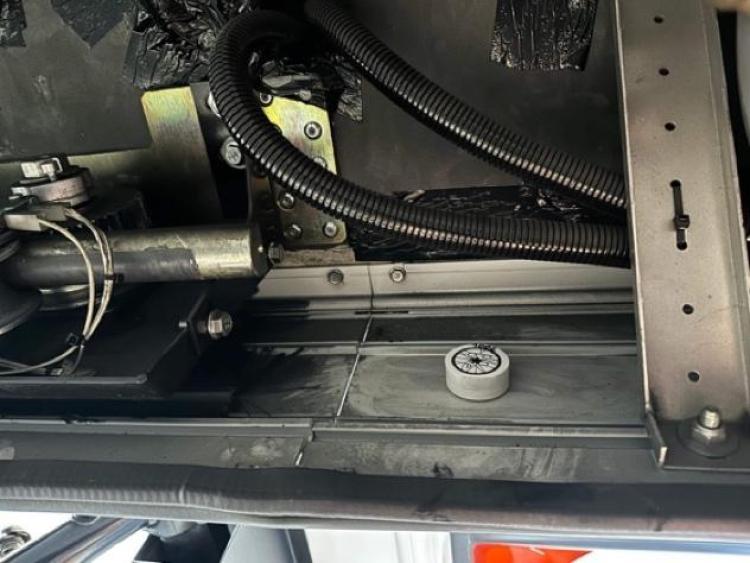
Lessons learnt
The tested tools within the project successfully demonstrated the power of combining economic incentives with data-driven insights to promote sustainable urban mobility. By rewarding citizens and leveraging advanced data monitoring platforms, cities can not only encourage more eco-friendly travel but also plan future measures based on real-time data.
Additional takeaways include:
- The hardware installed on urban buses performed well, offering quick installation and long battery life, which could be easily replicated in other cities and transport modes.
- The project highlighted the importance of multisource data collection, which can be a valuable tool for city managers and transport operators looking to expand sustainable transport options.
This successful real-life implementation provides a scalable, effective solution for cities seeking to enhance active mobility and reduce the environmental impact of urban transport.



